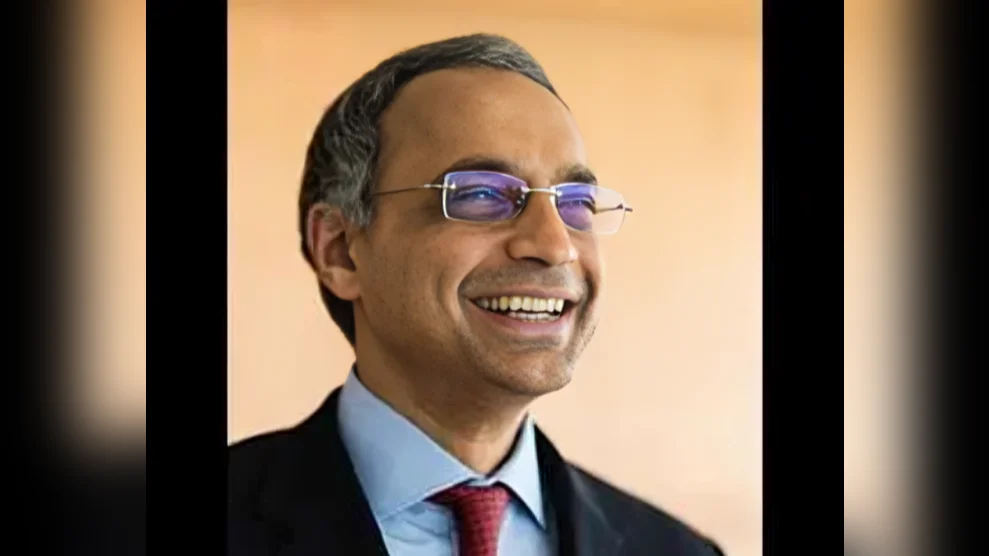Estonian President Alar Karis visited the University of Chicago on October 27 to discuss his country's approach to innovation and digital democracy. The event was hosted by the University of Chicago International House, with Madhav Rajan, dean of the Booth School of Business, introducing Karis.
Karis, who has a background as a biologist and molecular geneticist before entering politics, spoke about how Estonia has used innovation to drive resilience and reform since regaining independence after the fall of the USSR. He highlighted the importance of education and research in supporting these efforts. "Having an academic background creates difficulties—you don’t have time to really go deep into a topic, even when you want to," Karis said. "I’m trying to tell people that education is important, that research is important. It helps, even during difficult times, to put money on innovation."
John Mark Hansen from UChicago’s Department of Political Science moderated a conversation with Karis about Estonia’s main priorities today, including the war in Ukraine and developments in artificial intelligence.
During his remarks, Karis noted that economic ideas developed at UChicago played a significant role in shaping post-communist reforms in Estonia. “The intellectual foundation that guided us came, to a surprising extent, from here, from the University of Chicago,” he said. He referenced Milton Friedman’s influence on Estonia’s move toward neo-liberal macroeconomic policies. “The kinds of ideas championed in Chicago,” Karis said, “provided the foundation for long-term trust and resilience in the Estonian economy.”
Karis also discussed how digitalization has changed Estonian society: “Digitalization [in Estonia] has done more than make bureaucracy efficient,” he said. “It has also reduced corruption, increased transparency and supported democratic development.”
Estonia responded to a major Russian cyberattack in 2007 by strengthening its cybersecurity capabilities. According to Karis, this response helped establish Estonia as a global leader in digital security.
Looking ahead at AI technology, Karis described Estonia’s efforts to teach educators how to use artificial intelligence tools—a program he suggested could serve as an international model. “Estonia is small, but that makes us fast, adaptable and unafraid of experiment,” he said.
On foreign relations issues such as Russia's invasion of Ukraine, Karis explained that Estonia has received many Ukrainian refugees—about 3% of its population—and aims to provide them shelter and education until they can return home. He emphasized that regional organizations like NATO and the EU are essential for security: "Freedom is never finished," Karis said. "It requires continuous care, debate and defense. Especially in times of global uncertainty."

